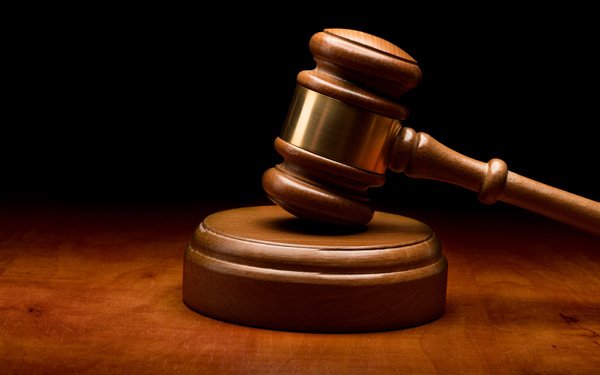
Analytics company Adalytics is pressing a federal judge to dismiss
DoubleVerify's defamation and false advertising lawsuit over a March report regarding invalid traffic.
"DoubleVerify’s claims all fail as a matter of law because it does
not dispute the core factual finding of the challenged report: that advertisers using services offered by major ad tech vendors (including DoubleVerify) had their ads served on bots," Adalytics argues
in papers filed last week with U.S. District Court Judge Theodore Chuang in Greenbelt, Maryland.
"Instead, it complains the report should have highlighted DoubleVerify’s
separate post-bid offerings, and claims that by not doing so, the report implied DoubleVerify’s services are 'ineffective' and its customers are charged for inauthentic impressions," Adalytics
adds.
advertisement
advertisement
Adalytics goes on to argue that its report does not support those alleged implications, adding that a conclusion section at the end of its report "underscores" that it
"does not assess how often ads are served on bots, either overall or via specific vendors; does not recommend any particular vendor’s services over another; and does not determine which
stakeholder (if any) is 'responsible' for any particular ad being served on a bot."
The new papers come in a dispute centered over the Adalytics report "On pre-bid bot detection and filtration -- Are ad tech vendors serving US Government and Fortune 500 brands’ digital ads
to bots?"
Adalytics said in the report that its research "suggested that advertisers were billed by ad tech vendors for ad impressions served to declared bots operating out of
known data center server farms."
The report mentioned several ad verification companies, including DoubleVerify.
DoubleVerify said in a rebuttal that the Adalytics report was "inaccurate and misleading," adding that it was "based on the
incorrect premise" that advertisers pay for invalid traffic.
DoubleVerify also said that if invalid traffic isn't filtered out pre-bid, it's removed post-bid from the billable
impressions shared with advertisers.
After Adalytics published its report, the Media Ratings Council said in a separate rebuttal that Adalytics focused on pre-bid detection and
filtration, but the industry standard relies on a back-end process that filters invalid traffic after ads are served.
DoubleVerify sued Adalytics in May, alleging that
statements in its report "falsely assert and imply that DoubleVerify’s services are ineffective and that DoubleVerify’s customers routinely pay for advertising impressions that are served
to robotic agents ('bots'), referred to as invalid traffic ('IVT'), rather than to genuine human consumers."
DoubleVerify added that Analytics' statement regarding advertisers
being billed for impressions served to bots "appears to be based on Adalytics’ willful blindness to post-serve detection and filtration."
Last month, Adalytics asked U.S.
District Court Judge Theodore Chuang in Greenbelt, Maryland to dismiss DoubleVerify's complaint, arguing that even if DoubleVerify's allegations were proven true, they wouldn't establish its
defamation or false advertising claims.
"As the title indicates, the report focused only on 'pre-bid' (not 'post-bid') services offered by various ad-tech vendors," Adalytics
wrote.
The analytics firm added that the report "does not assess the overall 'effectiveness' of any service or vendor," and "never states or implies that DoubleVerify customers
were actually billed for specific ads that appear to have been served on bots."
DoubleVerify countered that Adalytics' report was "factually incorrect" because it omitted that
DoubleVerify's systems "filter bot traffic downstream via 'post-serve' solutions, consistent with industry guidelines published by the Media Ratings Council."
Adalytics argues
in its most recent motion that the conclusion section of the report "directly refutes" DoubleVerify's proposed implications.
"The conclusion section specifically acknowledges
it is 'possible that brands were not charged for some of the ads served to bots' referenced in the report," DoubleVerify argues.
That quote apparently comes from the following
full sentence near the end of Adalytics' report: "Whilst it is ostensibly possible that brands were not charged for some of the ads served to bots, analysis of data provided by advertisers in some
cases suggests that the brands were in fact invoiced for ads served to bot traffic."
Adalytics also argues that its report an opinion, based on its analysis of "undisputed
data," and therefore not defamatory.
"Courts routinely decline to referee the interpretation of technical or scientific data, holding that such disputes are fundamentally
opinion based on disclosed facts," the company argues, adding that it was not required "to include every fact plaintiffs consider 'crucial,' such as post-serve offerings."
Adalytics has asked Chuang to schedule a hearing in the matter. The judge hasn't yet said whether he will do so.